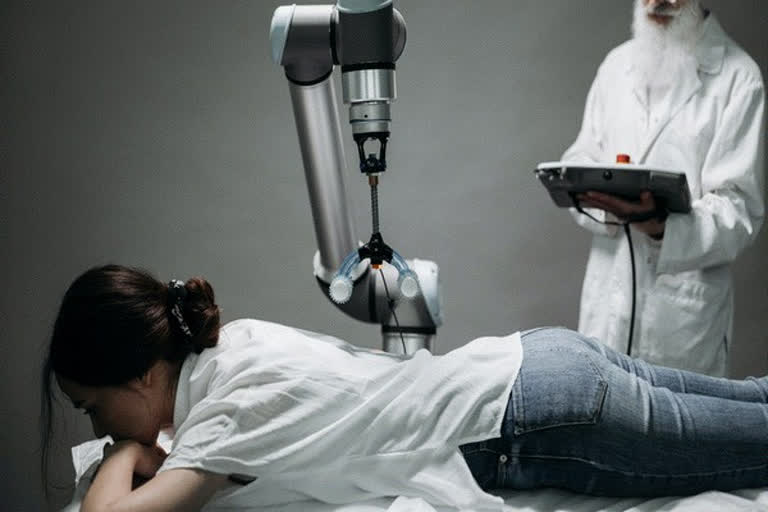Washington [US]: Every human being has a genome which is complex. It is equivalent to three billion letters of code, with multiple variations within each person. It is perhaps not humanly possible to sit and analyze all that code. However, according to a research published in the journal named "Nature Machine Intelligence", Artificial Intelligence has the ability to spot things that humans may miss through billions of codings. Someday, AI-powered genome readers may even be able to predict the incidence of diseases from cancer to the common cold. Unfortunately, AI's recent popularity surge has led to a bottleneck in innovation.
"It's like the Wild West right now. Everyone's just doing whatever the hell they want," says Cold Spring Harbor Laboratory (CSHL) Assistant Professor Peter Koo. Just like Frankenstein's monster was a mix of different parts, AI researchers are constantly building new algorithms from various sources. And it's difficult to judge whether their creations will be good or bad. After all, how can scientists judge "good" and "bad" when dealing with computations that are beyond human capabilities?
That's where GOPHER, the Koo lab's newest invention, comes in. GOPHER (short for GenOmic Profile-model compreHensive EvaluatoR) is a new method that helps researchers identify the most efficient AI programs to analyze the genome. "We created a framework where you can compare the algorithms more systematically," explains Ziqi Tang, a graduate student in Koo's laboratory.
Also read: Seaweed molecules used to improve outcomes for bypass surgery
GOPHER judges AI programs on several criteria: how well they learn the biology of our genome, how accurately they predict important patterns and features, their ability to handle background noise, and how interpretable their decisions are. "AI are these powerful algorithms that are solving questions for us," says Tang. But, she notes: "One of the major issues with them is that we don't know how they came up with these answers."
GOPHER helped Koo and his team dig up the parts of AI algorithms that drive reliability, performance, and accuracy. The findings help define the key building blocks for constructing the most efficient AI algorithms going forward. "We hope this will help people in the future who are new to the field," says Shushan Toneyan, another graduate student at the Koo lab.
Imagine feeling unwell and being able to determine exactly what's wrong at the push of a button. AI could someday turn this science-fiction trope into a feature of every doctor's office. Similar to video-streaming algorithms that learn users' preferences based on their viewing history, AI programs may identify unique features of our genome that lead to individualized medicine and treatments. The Koo team hopes GOPHER will help optimize such AI algorithms so that we can trust they're learning the right things for the right reasons. Toneyan says: "If the algorithm is making predictions for the wrong reasons, they're not going to be helpful." (ANI)
(This story has not been edited by ETV Bharat and is auto-generated from a syndicated feed.)


